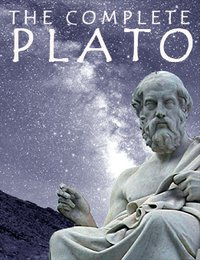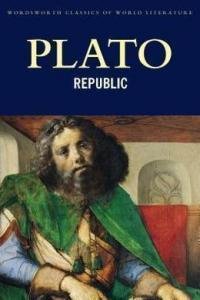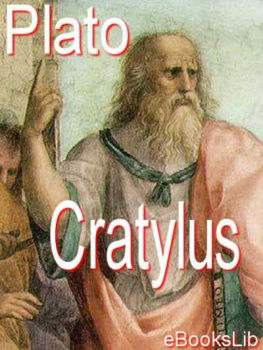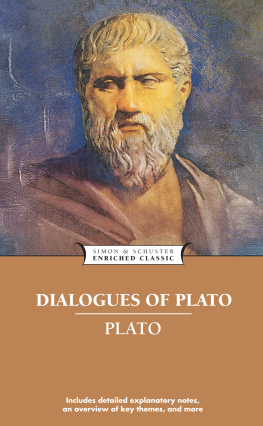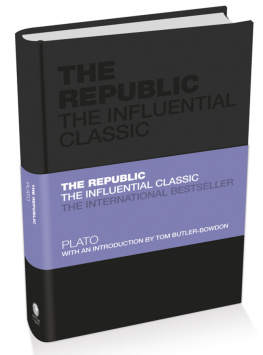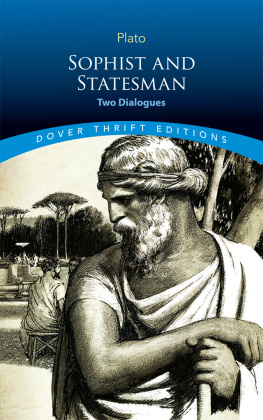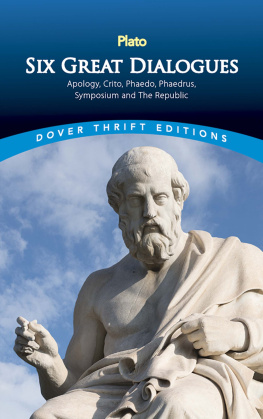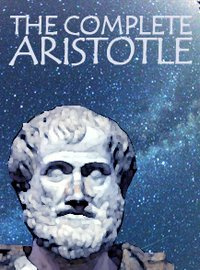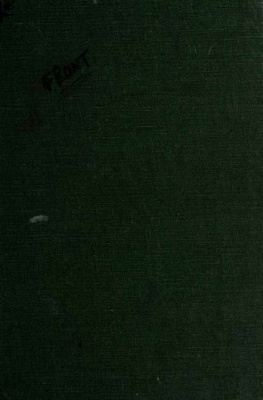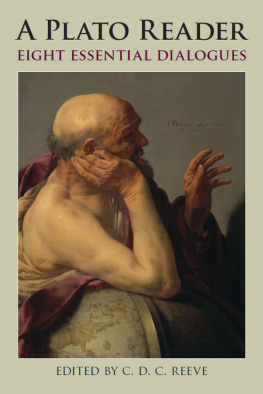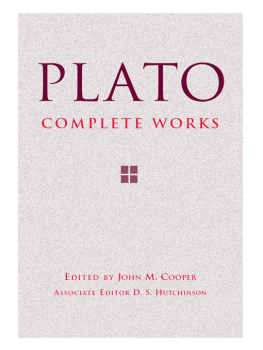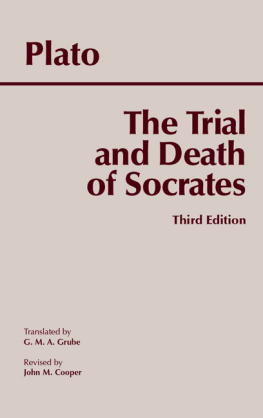About Plato:Plato (Greek: Pltn, "wide, broad-shouldered") (428/427 BC 348/347 BC) was an ancient Greek philosopher, the second of thegreat trio of ancient Greeks Socrates, Plato, originally namedAristocles, and Aristotle who between them laid the philosophicalfoundations of Western culture. Plato was also a mathematician,writer of philosophical dialogues, and founder of the Academy inAthens, the first institution of higher learning in the westernworld. Plato is widely believed to have been a student of Socratesand to have been deeply influenced by his teacher's unjust death.Plato's brilliance as a writer and thinker can be witnessed byreading his Socratic dialogues. Some of the dialogues, letters, andother works that are ascribed to him are considered spurious. Platois thought to have lectured at the Academy, although thepedagogical function of his dialogues, if any, is not known withcertainty. They have historically been used to teach philosophy,logic, rhetoric, mathematics, and other subjects about which hewrote. Source: Wikipedia
Also available on FeedbooksPlato:- TheRepublic (-380)
- Apology(-400)
- Symposium(-400)
- Charmides(-400)
- Protagoras(-400)
- Statesman(-400)
- Crito(-400)
- Meno(-400)
- Ion(-400)
- Phaedo(-400)
Note: This book is brought toyou by Feedbooks
http://www.feedbooks.com
Strictly for personal use, do not use this file for commercialpurposes.
About this Publication
This publication was adapted from the web edition published byeBooks@Adelaide (http://ebooks.adelaide.edu.au/p/plato/), which ispart of the online ebook library of The University of AdelaideLibrary at the University of Adelaide in South Australia. That edition was rendered into HTML by Steve Thomas and the workswere last updated in either 2003, 2006, or 2007. Thedialogues of Plato in the web edition are reproduced in thiscompilation under a Creative Commons License, and ergo thispublication falls under the same license. The Englishtranslations by Benjamin Jowett were originally featured inJowett's own 3rd Edition of the Dialogues of Plato in 1891, andtoday may be found at multiple websites throughout theInternet. The University of Adelaide Library is located onNorth Terrace in Adelaide, South Australia 5005, AUSTRALIA. It may be reached by telephone (+61 8 8303 5372), fax (+61 8 83034369), or email (ebooks@adelaide.edu.au). The license(http://creativecommons.org/licenses/by-nc-sa/2.5/au/) states thefollowing:
You are free to copy, distribute, display, and perform the work,and to make derivative works under the following conditions: youmust attribute the work in the manner specified by the licensor;you may not use this work for commercial purposes; if you alter,transform, or build upon this work, you may distribute theresulting work only under a license identical to this one. For any reuse or distribution, you must make clear to others thelicense terms of this work. Any of these conditions can bewaived if you get permission from the licensor. Your fair useand other rights are in no way affected by the above.
Compilation and organization of this publication, and creationof the book cover, is all courtesy of atheologic@gmail.com. To learn more about Plato, his works, and Benjamin Jowett, checkout Wikipedia (but only trust what you can verify). A noteshould be made that none of the writings have been edited from itsonline source, except for some minor case changes inlettering. However, this collection does not featurethe introductory and analyses of Benjamin Jowett for the containingdialogues. Any errors found by readers are the fault ofeBooks@Adelaide, and should be reported to them. The readermay also note some inconsitencies in the presentation of the text,such as some works featuring names in italics rather than all capsin dialogues.
Table of Contents
The Complete Plato
All books translated by Benjamin Jowett
Part 1: Early Dialogues
- The Apology
- Crito
- Charmides
- Laches
- Lysis
- Euthyphro
- Menexenus
- Ion
- Gorgias
- Protagoras
- Meno
Part 2: Middle Dialogues- Euthydemus
- Cratylus
- Phaedo
- Phaedrus
- The Symposium
- Theaetetus
- Parmenides
Part 3: Late Dialogues
- Sophist
- Statesman
- Philebus
- Timaeus
- Critias
Part 4: The Republic
- I: Of Wealth, Justice, Moderation, and their Opposites
- II: The Individual, the State, and Education
- III: The Arts in Education
- IV: Wealth, Poverty, and Virtue
- V: On Matrimony and Philosophy
- VI: The Philosophy of Government
- VII: On Shadows and Realities in Education
- VIII: Four Forms of Government
- IX: On Wrong or Right Government, and the Pleasures ofEach
- X: The Recompense of Life
Part 5: The Laws
eBooks@Adelaide
Steve Thomas
Part 1
Early Dialogues
The Apology
How you, O Athenians, have been affected by my accusers, Icannot tell; but I know that they almost made me forget who Iwasso persuasively did they speak; and yet they have hardlyuttered a word of truth. But of the many falsehoods told by them,there was one which quite amazed me;I mean when they said that youshould be upon your guard and not allow yourselves to be deceivedby the force of my eloquence. To say this, when they were certainto be detected as soon as I opened my lips and proved myself to beanything but a great speaker, did indeed appear to me mostshamelessunless by the force of eloquence they mean the force oftruth; for is such is their meaning, I admit that I am eloquent.But in how different a way from theirs! Well, as I was saying, theyhave scarcely spoken the truth at all; but from me you shall hearthe whole truth: not, however, delivered after their manner in aset oration duly ornamented with words and phrases. No, by heaven!but I shall use the words and arguments which occur to me at themoment; for I am confident in the justice of my cause (Or, I amcertain that I am right in taking this course.): at my time of lifeI ought not to be appearing before you, O men of Athens, in thecharacter of a juvenile oratorlet no one expect it of me. And Imust beg of you to grant me a favour:If I defend myself in myaccustomed manner, and you hear me using the words which I havebeen in the habit of using in the agora, at the tables of themoney-changers, or anywhere else, I would ask you not to besurprised, and not to interrupt me on this account. For I am morethan seventy years of age, and appearing now for the first time ina court of law, I am quite a stranger to the language of the place;and therefore I would have you regard me as if I were really astranger, whom you would excuse if he spoke in his native tongue,and after the fashion of his country:Am I making an unfair requestof you? Never mind the manner, which may or may not be good; butthink only of the truth of my words, and give heed to that: let thespeaker speak truly and the judge decide justly.

